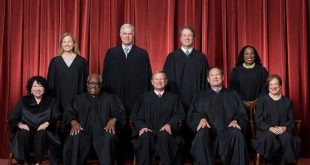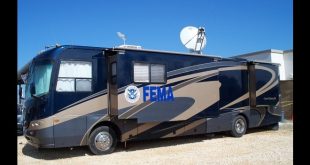One panel of judges already sided with a Kentucky church after the governor issued an executive order banning in-person church services and ruled, despite what the governor claims, that the same order also penalized congregants attending drive-in services.
A U.S. Court of Appeals for the Sixth Circuit panel granted a temporary injunction in the case, stopping the state from enforcing the order against Maryville Baptist Church. The panel ruled that the order violates the Religious Freedom Restoration Act and the First Amendment.
Governor Andy Beshear has suffered a judicial setback once again. A district court judge granted a temporary injunction against that same executive order in favor of Tabernacle Baptist Church. The judge wrote (PDF) that the church members want to freely exercise their deeply held religious beliefs, which for them is essential.
“But the governor, by executive order, has put a stop to that,” Judge Gregory F. Van Tatenhove wrote. “He can do that, but he must have a compelling reason for using his authority to limit a citizen’s right to freely exercise something we value greatly— the right of every American to follow their conscience on matters related to religion. As explained below, despite an honest motive, it does not appear at this preliminary stage that reason exists.”
First Liberty, which represents Tabernacle Baptist Church, made the announcement (emphasis added):
“The state cannot forbid people to assemble in a room for a religious reason but allow them to assemble in a room for a secular reason,” said Matthew Martens, partner at WilmerHale. “The Governor’s order does just that, and that is a textbook violation of the free exercise of religion.
…
The court’s order stated that “the prohibition on religious services presently operating in the Commonwealth is ‘beyond what was reasonably required for the safety of the public…If social distancing is good enough for Home Depot and Kroger, it is good enough for in-person religious services which, unlike the foregoing, benefit from constitutional protection.” The judge added, “The Constitution will endure. It would be easy to put it on the shelf in times like this, to be pulled down and dusted off when more convenient. But that is not our tradition. Its enduring quality requires that it be respected even when it is hard.”
Religious freedom opponents claim church services aren’t “essential,” but to Christians — and the U.S. Constitution — they are essential, for all time, even during the COVID-19 crisis.
 CURE News and Clergy Blog News and Commentary for Christians
CURE News and Clergy Blog News and Commentary for Christians



